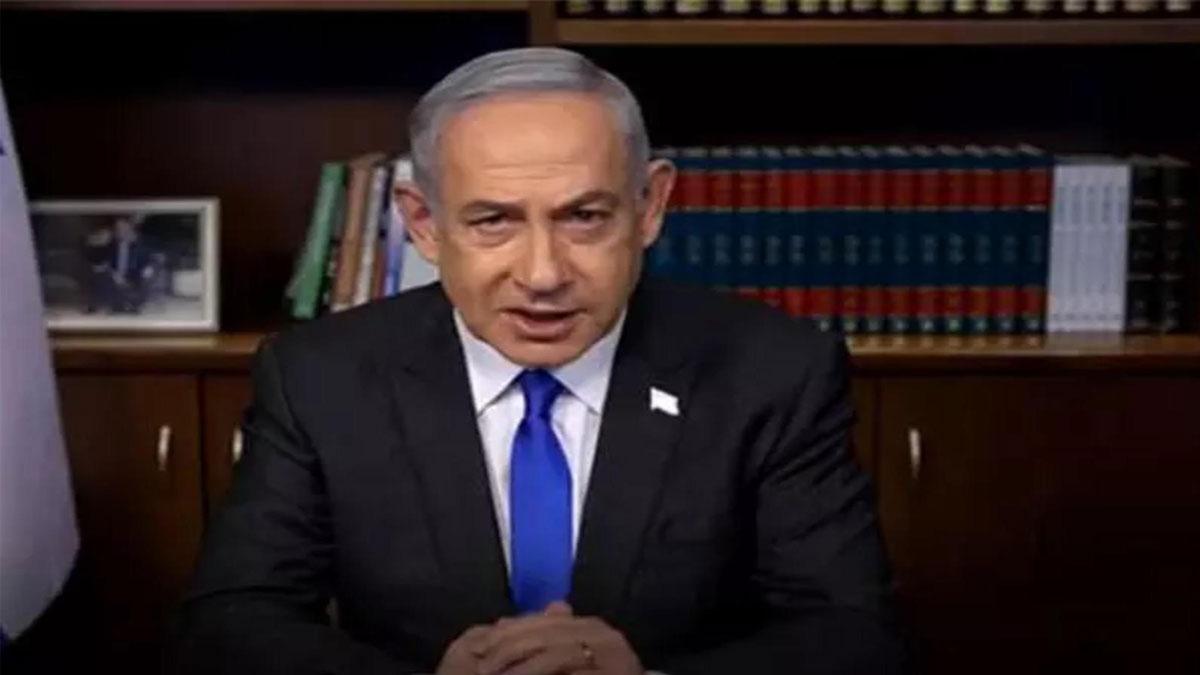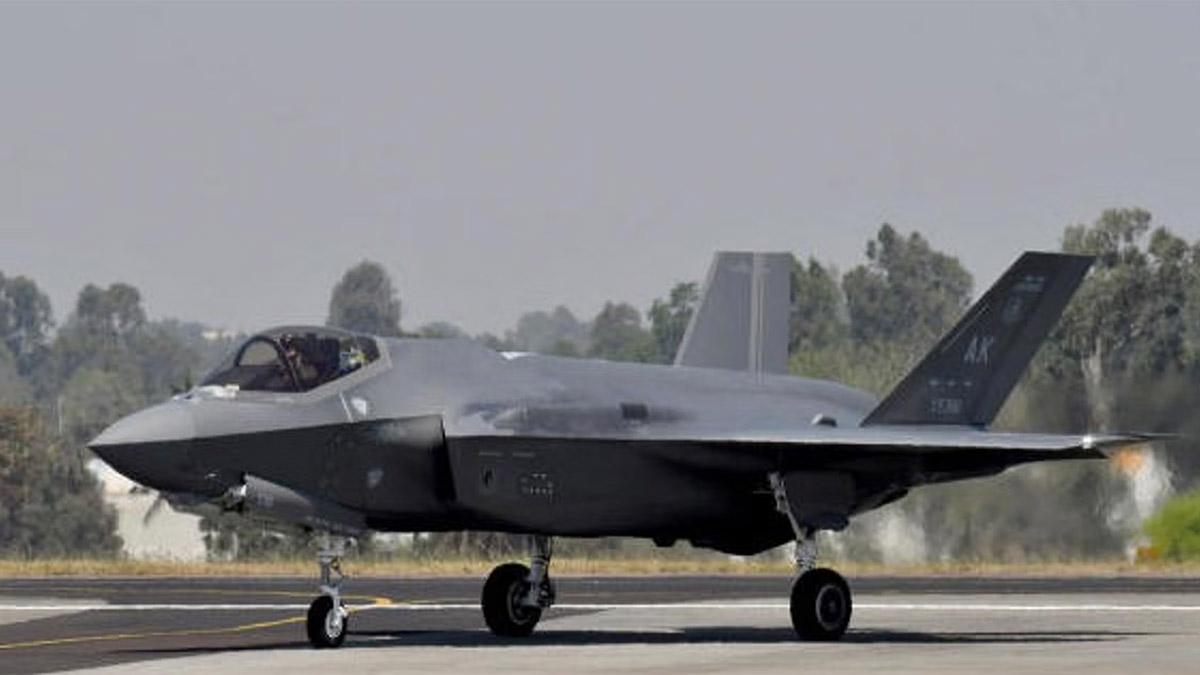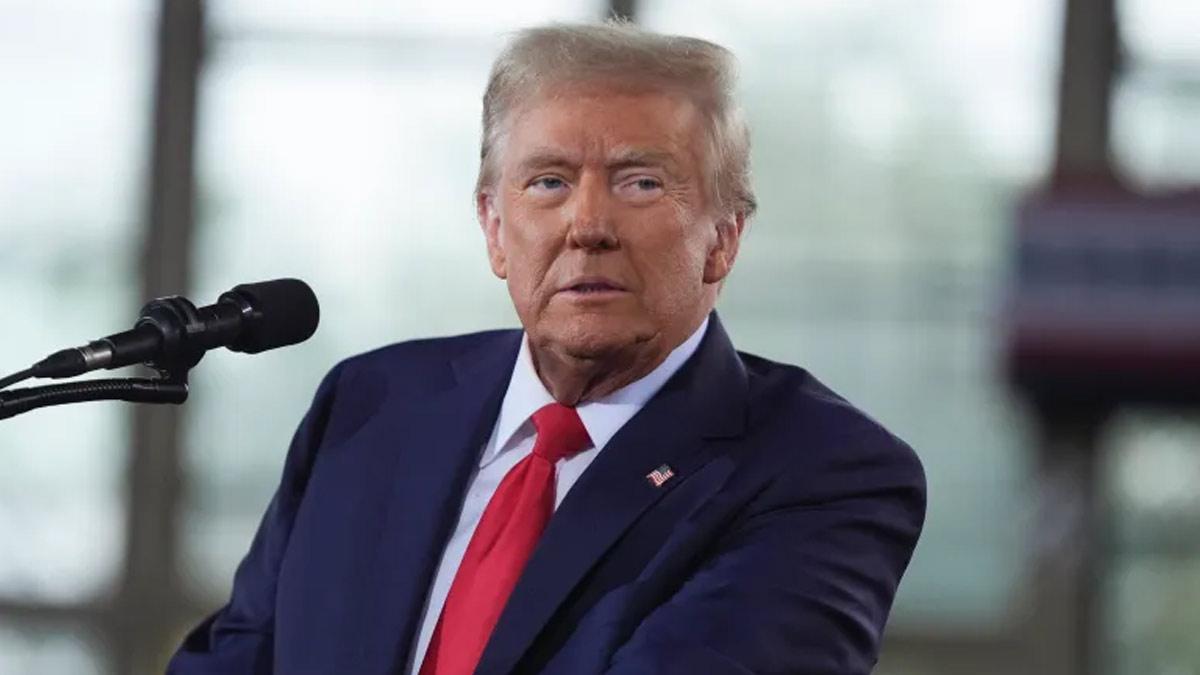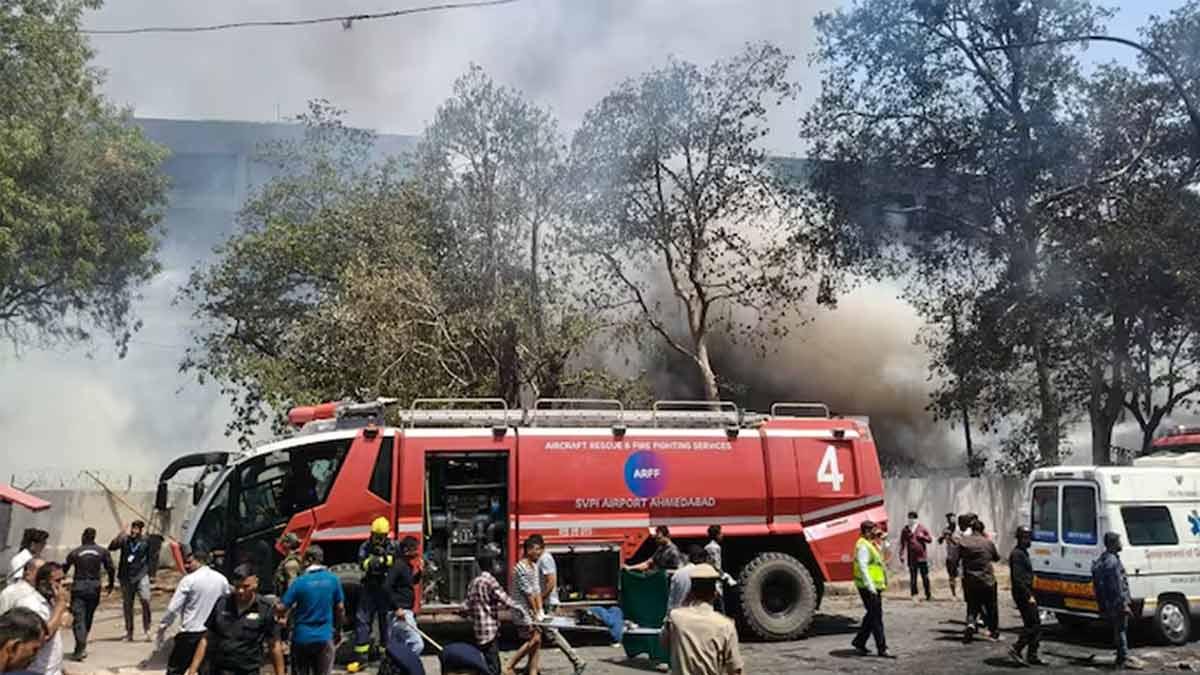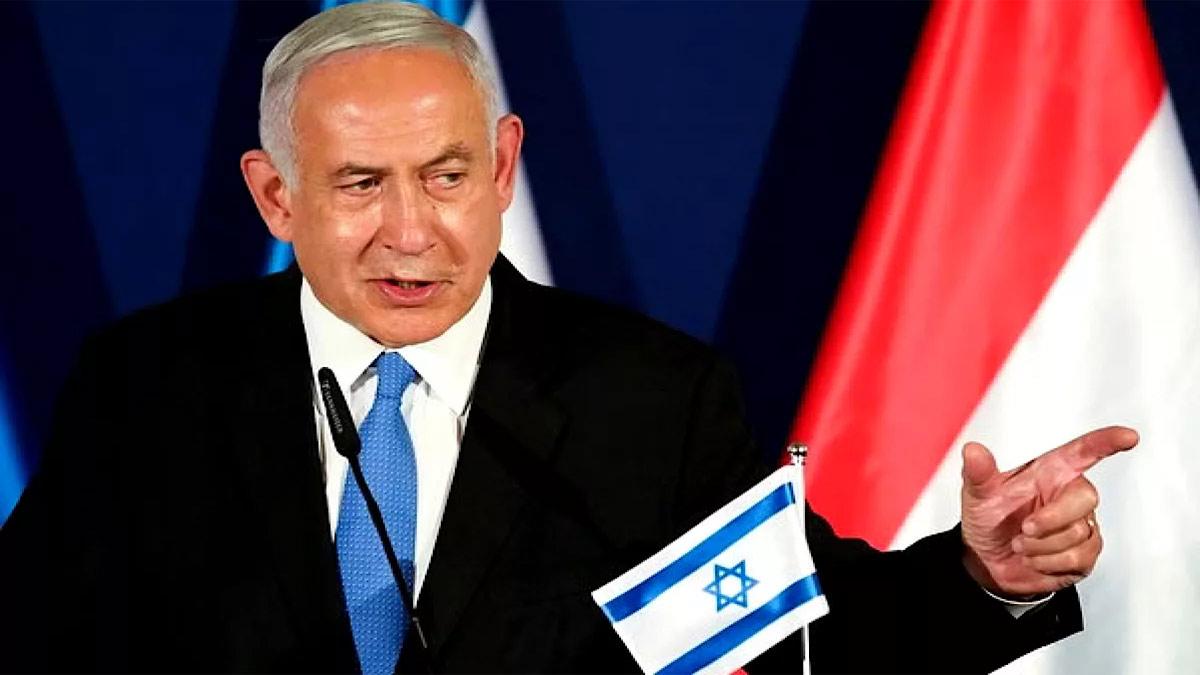A session of Israel's national security cabinet is scheduled to take place on Thursday to discuss possible ceasefire arrangements in its current conflict with the militant Palestinian organization Hamas.
The meeting will be held at the headquarters of the IDF in the Kirya neighborhood of Tel Aviv.
According to sources in the Israeli media, the discussion will be on the future of the indirect ceasefire talks.
Plans for mediation talks in Cairo, set for later this week, were hanging by a thread last night after Israel demanded that its military stay in both the Philadelphi and Netzarim Corridors.
US Secretary of State Antony Blinken held meetings with senior Israeli officials, such as President Isaac Herzog, Prime Minister Benjamin Netanyahu, and Defense Minister Yoav Gallant, and then with Egyptian President Abdel Fattah El Sisi and Qatari Prime Minister Mohammed bin Abdulrahman bin Jassim—all this immediately after his ninth visit to the Middle East since October 7.
Following up a marathon session on 19 August with Netanyahu in Jerusalem, he announced that Israel was tentatively willing to accept the US's "bridging proposal" on the resumption of the peace talks.
Later, during a subsequent meeting with the murdered soldiers' families, Netanyahu further hardened his stance and stated explicitly that Israel would not give an inch of military deployment in the Philadelphi and Netzarim Corridors.
Hamas issued a statement along with the Islamic Jihad late on Wednesday that it agreed only to a mutual comprehensive ceasefire and complete withdrawal of the Israeli army from Gaza Strip. It blamed Israel for having sabotaged the talks by their continuous aggression against the Palestinians and not upholding previous understandings.
Indirect talks on a ceasefire between Israel and Hamas in recent weeks have been based on an outline that US President Joe Biden proposed in the last days of May. However, Israel's attitude to the deployment of troops in the above-mentioned corridors risks scuttling the negotiating process.
Signals have already been received through regional media that high-ranking Israeli officials have reached the belief that the negotiations are on the verge of collapse, and a deal concerning a hostage exchange is becoming less and less likely.
Read also | Second Neuralink chip recipient progressing well, says Elon Musk
Read also | Japan's changing nuclear policy raises concerns over regional stability, says Russian FM

